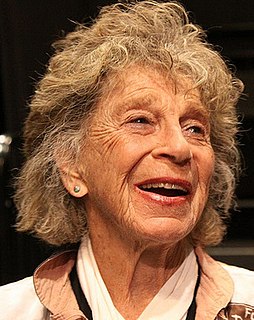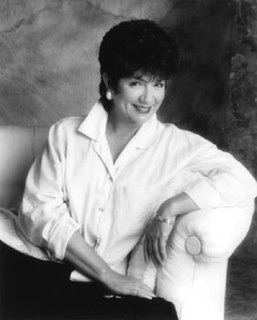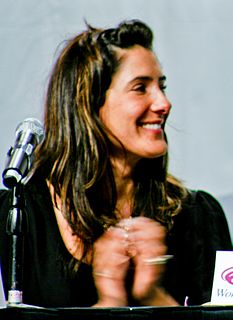A Quote by Natalie Goldberg
While I had cancer, I wrote these twenty-two personal essays about how I lived my life backed by Zen and writing.
Related Quotes
My mother had died when I wrote my first book. I was twenty-seven, so it was right at the beginning of my writing life. I don't know if she had lived, if I would have done it, certainly not quite like I did. But, you can't rethink it. You wrote what you wrote, it meant something to other people, and that's your good.
Aging is like enlightenment at gunpoint. Before I had cancer, I lived my life for my art. After I had cancer, I lived my art for my life. I’ve always said dance is the breath made visible. That covers about everything because once you stop breathing and the breath is no longer visible, you stop moving.
I've been writing for a long time, since the late '60s. But it hasn't been in the same form. I used to write scripts for television. I wrote for my comedy act. Then I wrote screenplays, and then I started writing New Yorker essays, and then I started writing plays. I didn't start writing prose, really, until the New Yorker essays, but they were comic. I didn't start writing prose, really, until the '90s. In my head, there was a link between everything. One thing led to another.
I wrote the book Don't Die, My Love as I was going through radiation, so it certainly has an air of authenticity about it because I was there. I think all of my books took on kind of a deeper tone when the lady who wrote about cancer all of a sudden had cancer. I'm doing well. I went through it all and they said, 'You're fine."
My father died of brain cancer in 1991. I do not know anyone whose life has not been touched by the loss of a loved one to cancer. I wrote my book 'Gracefully Gone' about my father's fight and my struggle growing up with an ill parent. I wrote it to help others know they are not alone in this all-too-often insurmountable war against cancer.
Cancer is too real, and too awful, and I can't make it good or magical. I couldn't even read a book where a character had cancer, for a while... But now I've reached a point where I don't think about cancer nonstop anymore, and sometimes I worry about that - I'm going to forget what I went through; I'm going to forget how horrible it was.
I have written some poetry and two prose books about baseball, but if I had been a rich man, I probably would not have written many of the magazine essays that I have had to do. But, needing to write magazine essays to support myself, I looked to things that I cared about and wanted to write about, and certainly baseball was one of them.
I liked to write from the time I was about 12 or 13. I loved to read. And since I only spoke to my brother, I would write down my thoughts. And I think I wrote some of the worst poetry west of the Rockies. But by the time I was in my 20s, I found myself writing little essays and more poetry - writing at writing.

































